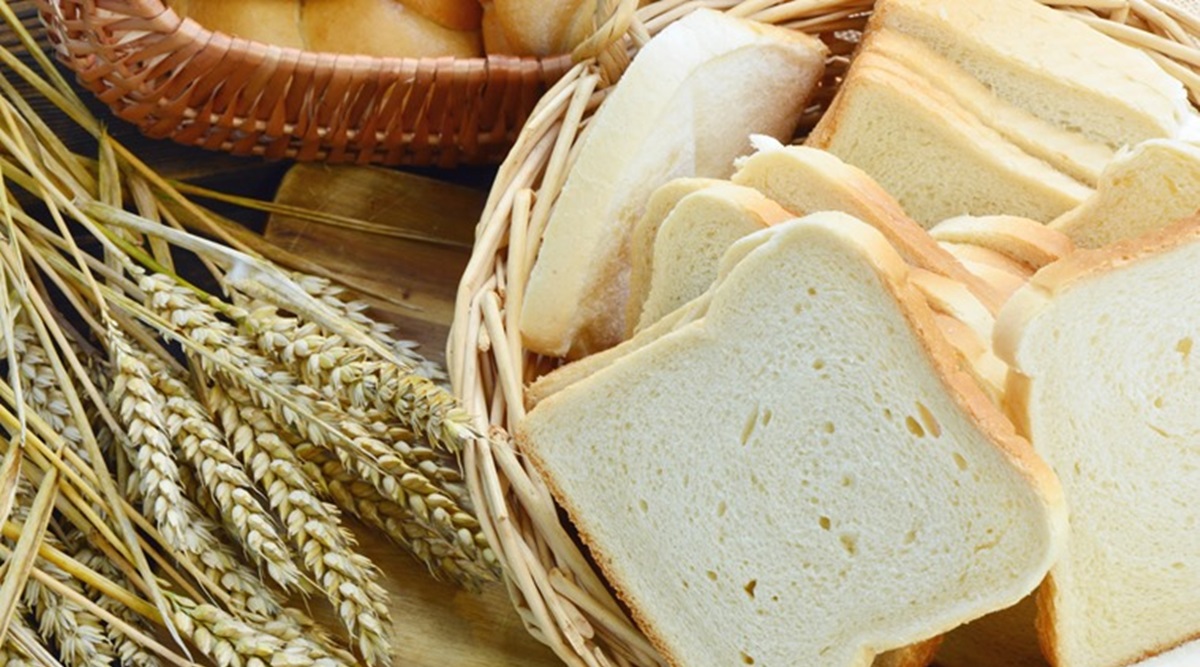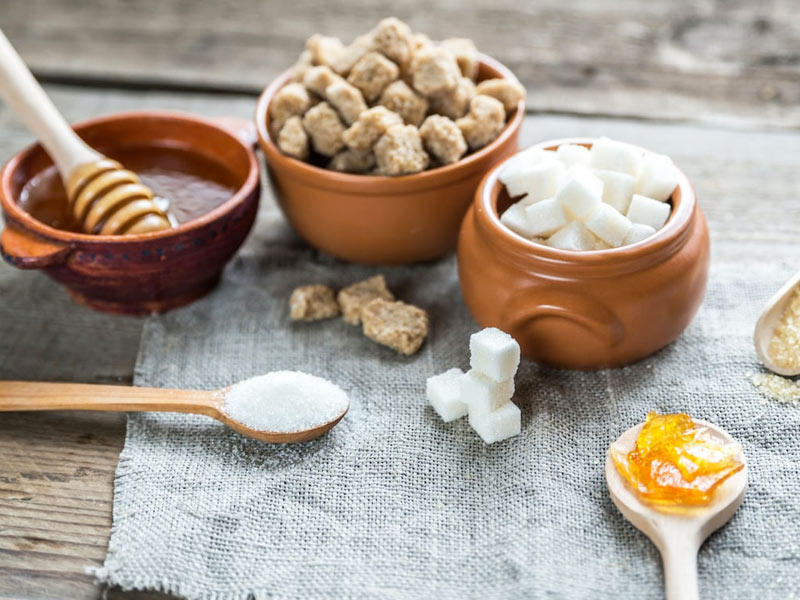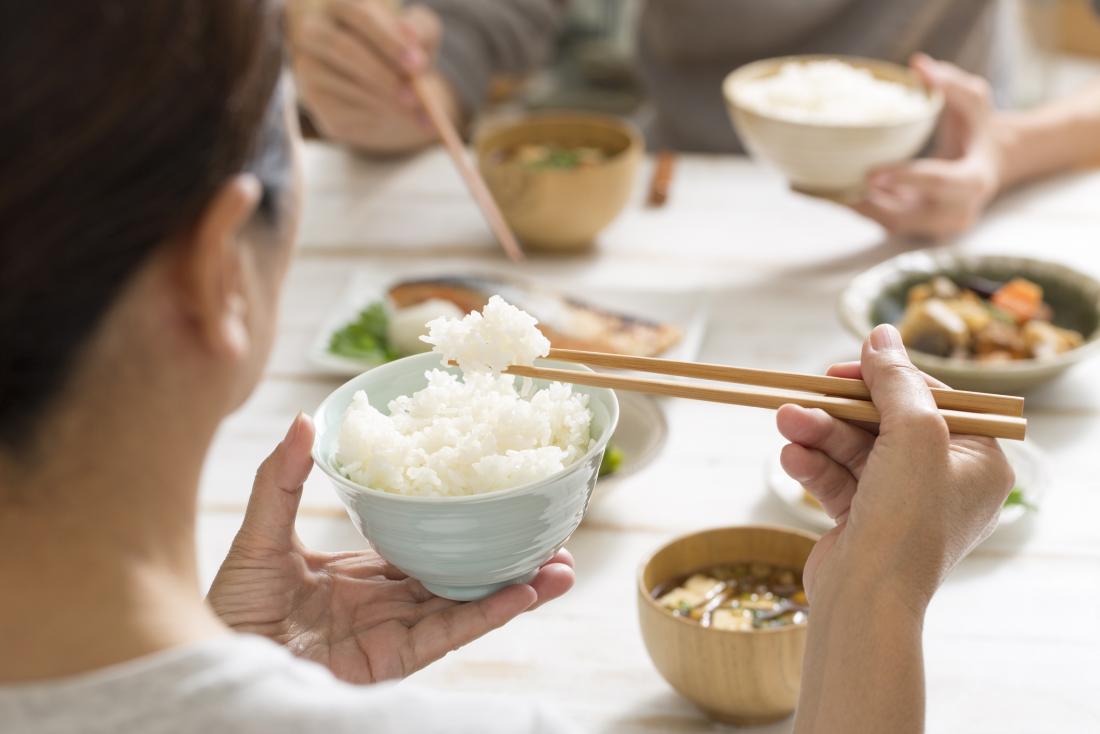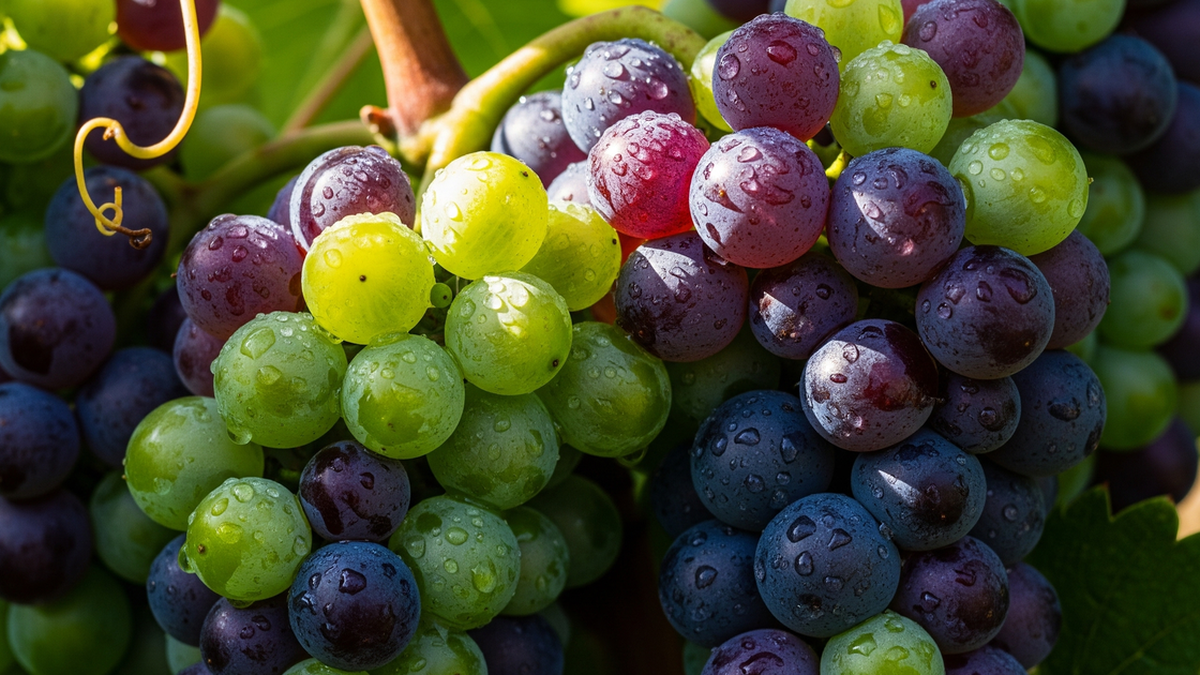When losing weight, learn about "white foods," a term used to refer to processed and refined foods that are white in color, such as flour, rice, pasta, bread, crackers, cereals; and simple sugars like table sugar and high-fructose corn syrup.
Most of the white foods listed above are unhealthy because they tend to be more processed, high in carbohydrates, and lacking in nutrients compared to more colorful foods. Organic, unprocessed white foods like potatoes, onions, cauliflower, radishes, and white beans are healthy foods.
Deepti Lokeshappa is a senior clinical nutritionist at Motherhood Hospital, Indiranagar, Bengaluru (Karnataka, India). Deepti Lokeshappa has a master's degree in food science and nutrition and has over 15 years of experience in the field. She recommends 3 white foods to avoid when trying to lose weight:
1. White bread is not good for health

White bread is not healthy.
White bread is one of the first white foods to avoid. Foods made with white flour, such as crackers, cakes, and breakfast cereals, are also unhealthy white foods. Gluten is important in making bread because it makes the dough elastic and easier to shape. However, it has negative health effects such as causing bloating, intestinal damage, and creating a constant feeling of hunger. This leads to the risk of obesity.
Most of the fiber, vitamins, and minerals found in the germ and bran of the grain are removed during the milling process to create refined flour. So if your goal is to lose weight, cutting out white bread and other refined grain foods can improve your chances of success. Enjoying whole-grain bread in your diet can help support your weight loss goals.
2. White sugar sabotages weight loss goals
Sugar is the white food that many people have the hardest time giving up. Processed sugar (also known as refined sugar) should be avoided because it makes the body fat, contributes to heart disease, increases dangerous cholesterol levels, and impairs the ability to regulate appetite by disrupting the balance of hunger and satiety hormones.
White sugar is high in calories but low in nutrients. When you consume more calories than you burn, your body stores the excess calories as fat, leading to weight gain. Some studies suggest that white sugar can negatively affect your metabolism, making it harder for your body to burn calories.
In addition, consuming too much white sugar also leads to other health problems such as obesity, which is a risk factor for many chronic diseases such as heart disease, diabetes and some types of cancer. Sugar consumption increases the need for more sweets, which can easily cause tooth decay.

Use natural and unprocessed sweeteners such as cane sugar, molasses, honey, stevia, and maple syrup instead of refined sugar.
If you have trouble eliminating added sugar from your diet but have a sweet tooth, choose natural sources of sugar from whole foods like fruit, honey, and raw cane sugar. These options are healthier than white sugar.
Remember, cutting back on white sugar takes time and patience. Change your eating habits gradually and you will see the benefits to your health and figure.

White rice is relatively high in refined carbohydrates along with small amounts of protein, fat, fiber, calcium and potassium.
3. White rice is not good for weight loss goals
Like white flour and bread, white rice is a refined grain. White rice is transformed from whole grains into fine white rice, during the milling process, removing the bran and germ. White rice is high in calories and carbohydrates but has no bad or unhealthy nutritional components. However, white rice is not good for weight loss goals. Due to the lack of protein and fiber, eating white rice makes the body feel hungry faster and tends to eat more, which can easily lead to weight gain or irregular blood sugar levels.
White rice has a high glycemic index (GI), which means it can cause blood sugar levels to rise rapidly after eating. This can lead to cravings and overeating, and make it difficult for the body to burn calories efficiently.
Protein is an essential nutrient that helps keep you feeling full and supports your metabolism. White rice contains less protein than other whole grains like brown rice, quinoa, or oats.
White rice is fine in limited amounts and combined with plenty of vegetables and protein to make it more nutritious and complex. When trying to lose weight, instead of white rice, choose whole grains such as:
- Brown rice: Brown rice contains more fiber, protein and vitamin B than white rice, helping you feel full longer and supporting the weight loss process effectively.
- Oats: Oats are a rich source of soluble fiber, which helps control blood sugar and cholesterol levels.
- Quinoa: Quinoa is a whole grain that is high in protein, providing all the essential amino acids the body needs.
In addition to changing the type of grain, it is necessary to combine a balanced diet and regular exercise to achieve effective, long-term weight loss goals.
Source: https://giadinh.suckhoedoisong.vn/giam-can-nen-tranh-3-loai-thuc-pham-mau-trang-172240701153204948.htm



































































































Comment (0)